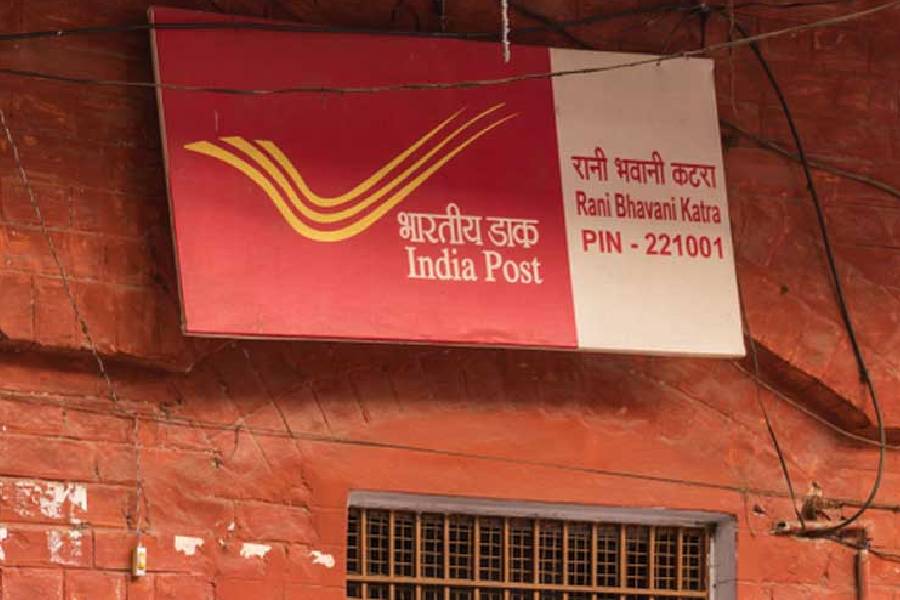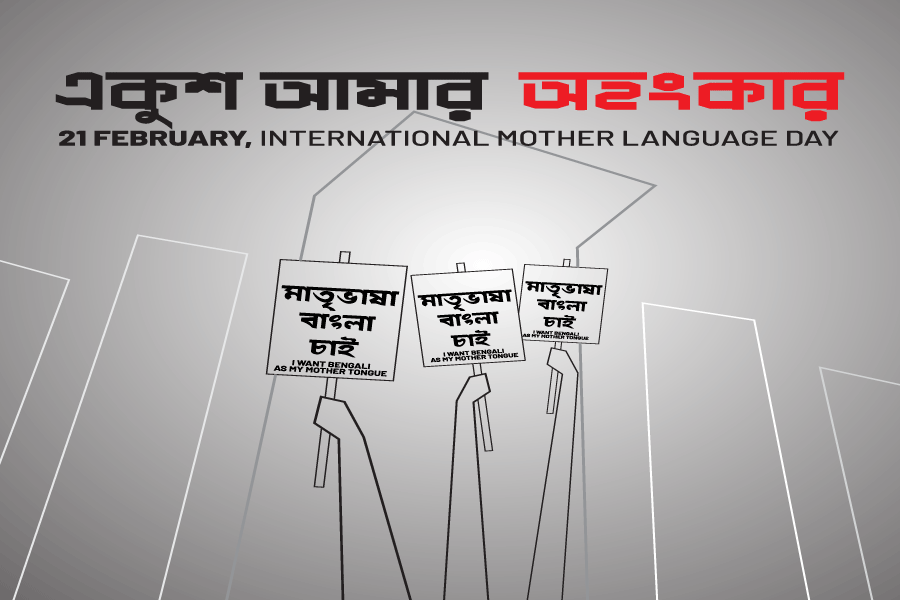September marked a turning point in the history of India Post; the Registered Post service was integrated into the Speed Post facility. On paper, this is an administrative reform aimed at improving efficiency, eliminating duplication, and aligning postal services with modern communication practices. In reality, the transition raises questions about the balance between modernisation and legacy, about affordability and access, as well as about the trust citizens place in institutions that mediate their civic and legal relationships.
The decline of Registered Post had long been anticipated as private couriers and digital platforms replaced older forms of correspondence. Maintaining two overlapping services, Registered Post and Speed Post, was increasingly inefficient for a department already struggling with deficits. Yet Registered Post carried a unique statutory and symbolic weight. Its receipts, acknowledgements, and addressee-only delivery gave it legal credibility that courts readily recognised.
The change fits into a longer arc of transformation. The telegram was discontinued in July 2013. In 2024, Book Post, which subsidised the distribution of books and printed material, was abolished with little warning, forcing publishers, educators, and rural libraries to contend with higher costs. Each of these reforms was justified by declining demand and fiscal rationalisation. Yet each carried consequences for communities that depended on these services not only for affordability but also for dignity and participation. With Registered Post, the danger lies not just in cost but in the erosion of a legal instrument embedded in the everyday functioning of the Indian system.
The modernisation of India Post is, in many ways, overdue. Under its Rs 5,800-crore IT Modernisation 2.0 project, the department is introducing the Advanced Postal Technology platform across more than 170,000 post offices. Postmen now carry GPS-enabled devices, OTP-based delivery confirmations have been rolled out, QR-code payments are being introduced, and real-time tracking is being integrated with the MeghRaj cloud infrastructure. These reforms promise transparency and efficiency, helping India Post compete with private logistics providers and e-commerce platforms. They also have the potential to reduce fraud, speed up delivery, and make the system more responsive to customers.
But the pilot roll-out of the Advanced Postal Technology system in Karnataka showed how vulnerable reforms can be. Technical glitches led to service delays and parcel backlogs. Training staff to adapt proved a steep challenge and ordinary users — many of whom are not digitally literate — struggled with the sudden changes. Affordability is another dimension that cannot be ignored. Registered Post was cheaper than Speed Post. Its pricing made it affordable to small traders, farmers, and low-income households. Speed Post charges a higher rate, prohibitive for those who rely on the postal system as their primary means of communication. India Post has tried to soften the blow with a 5% discount for walk-in Speed Post customers but this barely bridges the affordability gap. An inclusive approach would involve tiered pricing structures, cross-subsidies from e-commerce traffic, or targeted concessions for rural and vulnerable users.
The challenge for India Post is not to resist modernisation but to humanise it. Reform must be rooted in historical consciousness and equity. Speed Post must be granted explicit statutory recognition to safeguard legal processes. Pricing must reflect India’s economic diversity so that the poorest remain included. Stakeholders must be consulted, and reforms communicated transparently.
The true test of reform will be lived experiences: when a villager in Bihar sends a legal notice, or a student in Kerala awaits exam documents, or a litigant in Delhi requires proof of delivery. If the reform allows them the same confidence, security, and affordability as before, India Post will have honoured its legacy while embracing the future.
Amal Chandra is an author, policy analyst and columnist










